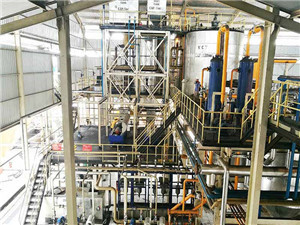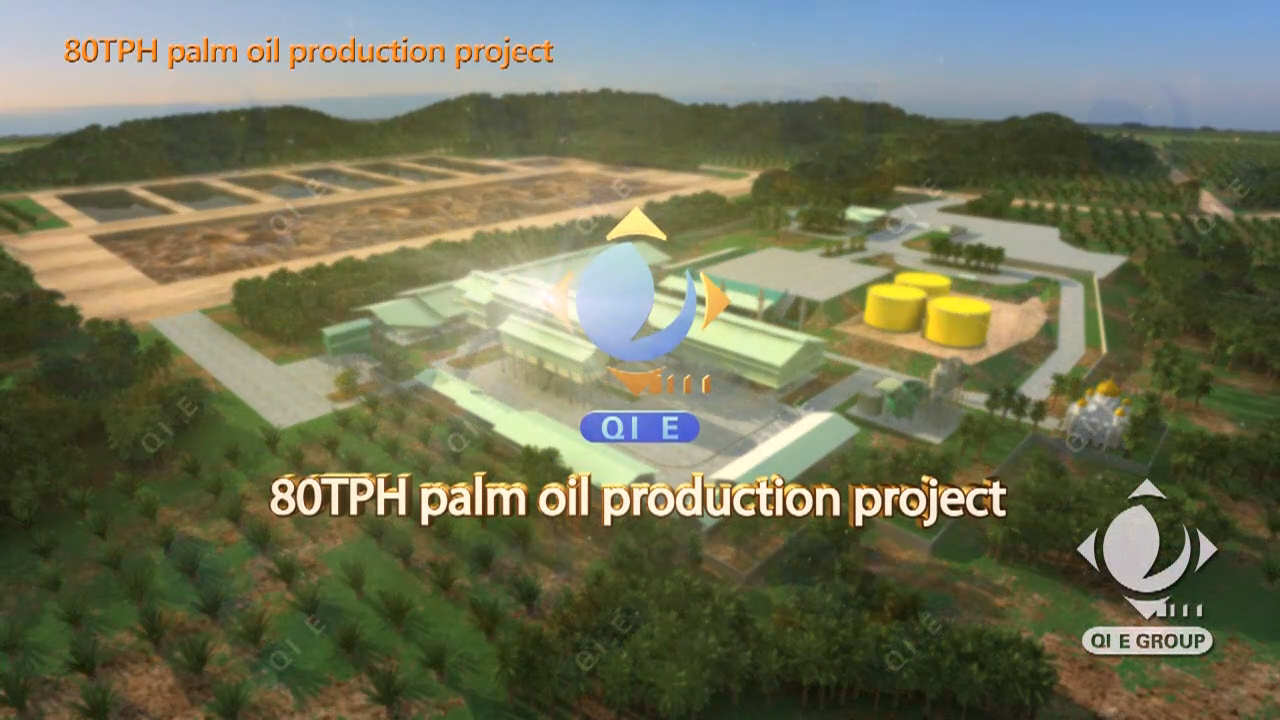
In the competitive global edible oil market, ensuring food safety compliance while maximizing operational efficiency remains a top priority for soybean oil processors. Penguin Group’s independently developed soybean oil refining equipment, certified under CE and ISO9001 standards, presents a comprehensive solution tailored to these demands. Incorporating 304-grade stainless steel construction, modular design, and energy-saving strategies, this equipment enables producers to meet both international regulatory requirements and rigorous quality expectations.
The use of 304 stainless steel as the primary construction material ensures corrosion resistance, hygienic surface finish, and long-term durability essential in food-grade processing environments. Unlike conventional carbon steel, 304 stainless steel minimizes contamination risks and meets FDA and EC food contact regulations. Complementing this, adherence to CE standards guarantees conformity with European health, safety, and environmental directives, while ISO9001 certification assures a systematic quality management framework governing manufacturing and installation.
Penguin Group’s refining equipment integrates four core processing stages — degumming, neutralization, bleaching, and deodorization — into one seamless system. This integration reduces material handling, lowers contamination chances, and improves process stability. For example, the bleaching unit utilizes activated earth filters optimized for maximum absorbance of impurities while preserving oil nutritional value, achieving refined oil acid values consistently below 0.1 mg KOH/g.
The tightly controlled process parameters enabled by this equipment translate into improved product uniformity and shelf life, critical factors for international exporters targeting highly regulated markets.
With modular components designed for plug-and-play assembly, installation time is reduced by up to 30% compared to conventional systems, according to case studies from mid-sized factories. Modules such as pumps, heat exchangers, and vacuum systems are pre-fabricated and tested, minimizing on-site adjustments. This benefits the commissioning timeline and reduces operational downtime during maintenance cycles, enhancing overall equipment effectiveness (OEE).

Energy consumption directly impacts profitability in large-scale oil refining plants. Penguin Group’s equipment incorporates advanced heat recovery systems and variable frequency drives (VFD) on motorized components to optimize power usage. Independent audits reveal energy savings ranging from 15% to 22% compared with legacy equipment, significantly lowering operational expenses.
| Parameter | Legacy Equipment | Penguin Group Equipment |
|---|---|---|
| Average Energy Consumption (kWh/ton) | 180 | 140 |
| Installation Time (Days) | 45 | 30 |
| Oil Acid Value Post-Refining (mg KOH/g) | 0.15 | 0.08 |
A soybean oil plant in Southeast Asia reported a 20% reduction in energy costs and a 25% improvement in output stability after switching to Penguin Group’s modular refining equipment. The system’s easy-to-clean surfaces and user-friendly PLC interfaces have lowered maintenance labor hours by approximately 12 hours per week.

Common installation pitfalls such as improper sealing of vacuum lines and insufficient calibration of temperature sensors are addressed in the provided technical manuals, ensuring smoother commissioning and sustained operational performance.
Beyond compliance, these certifications signal a commitment to quality and safety that resonates with international buyers and regulatory bodies. Equipment bearing CE and ISO9001 marks often face less scrutiny and speedier customs clearance, enabling faster market access.

The systematic quality management underpinning ISO9001 ensures continuous improvement programs are in place, reducing defects and prolonging equipment lifecycle.

